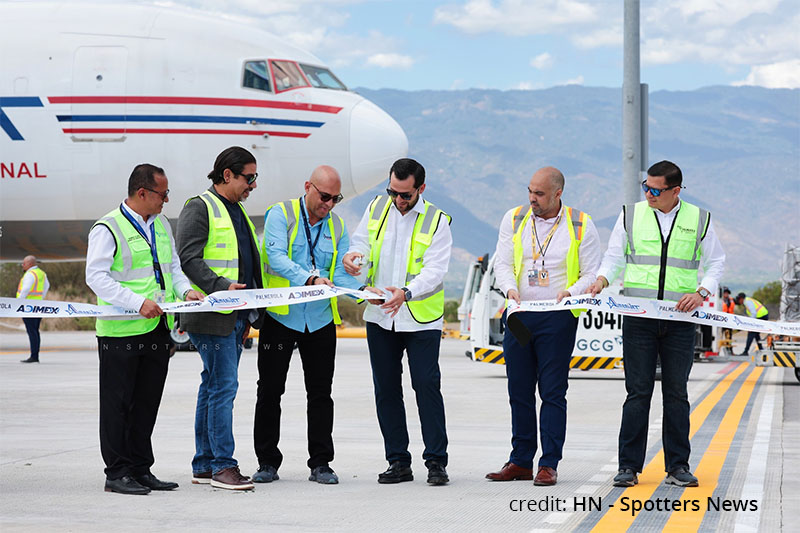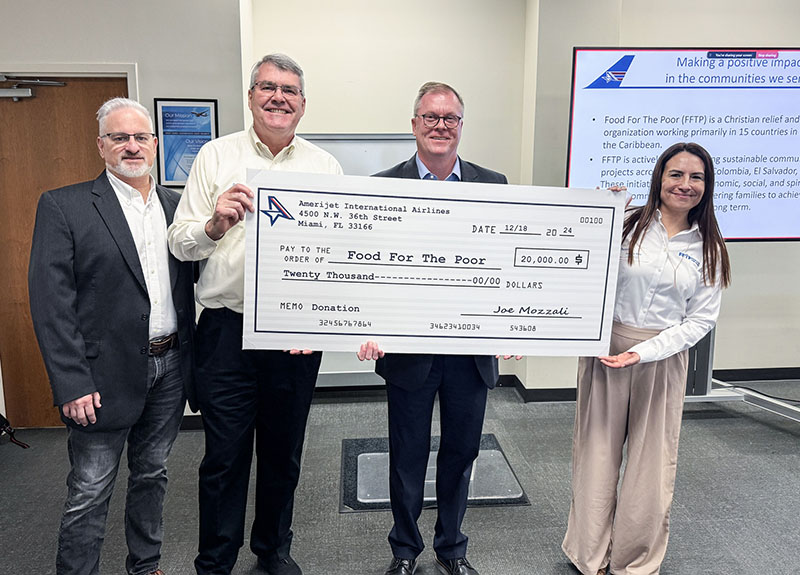Making the Business Case for Outsourcing your Logistics to a 3PL or Forwarder
DATE: 02/18/19
There’s a lot to keep up with in the shipping world. Just look at the headlines today about changes in tariffs on imports and exports and tightened security at ports. Third-party logistics providers (3PLs) and freight forwarders are vital resources for international shipping in an increasingly complex supply chain
There’s a lot to keep up with in the shipping world. Just look at the headlines today about changes in tariffs on imports and exports and tightened security at ports. Third-party logistics providers (3PLs) and freight forwarders are vital resources for international shipping in an increasingly complex supply chain.
3PLs and freight forwarders ensure your cargo is picked up from the shipper and delivered to the consignee at the specified location, at a fair price and in the same condition it is tendered at origin. They book the cargo with the appropriate carriers per your requirements, can help you prepare the appropriate shipping documentation and keep you informed of shipment status. Depending if they are a licensed customs brokerage, these firms may or may not offer customs clearance-related services.
Amerijet International Airlines, a Miami-based all-cargo air carrier which serves the Caribbean, Mexico, Central and South America, works with a variety of 3PLs, freight forwarders and shipping specialists worldwide. While evaluating potential carrier partners, consider these key questions to consider when you are considering outsourcing all or part of your transportation and logistics:
What are your logistics costs?
Knowing your current logistics costs is a good starting point when considering outsourcing and building a business case to do so. If possible, try to estimate your company’s transportation and shipping costs as a percentage of sales. These vary by industry and company. Depending on your industry, average supply chain costs as a percent of sales range from about 2 percent to 10 percent or more of sales, according to analysis by McKinsey in their Supply Chain Champions report.
Determining such figures in advance of selecting a new logistics provider or transportation carrier can inform their strategies for taking on your account, and help you monitor their performance.
When it comes to cost efficiencies, a logistics provider may be able to negotiate freight rates with the shipping carrier on your behalf, or allow you to leverage their own volume rates.
In addition to tariffs, duties and other charges, fuel surcharges by transportation carriers are another variable affecting transportation costs. To offer more transparency, Amerijet offers an indexed fuel surcharge model to customers so they can be more easily informed of any fuel surcharges in advance.
What types of shipping and logistics services do you need?
The most commonly outsourced logistics services are domestic transportation, international transportation, warehousing, freight forwarding, and customs brokerage, according to the 2019 23rd Annual Third-Party Logistics Study by Professor John Langley and Korn Ferry which polled about 650 shippers worldwide. The study found that shippers expect their logistics providers to stay cost efficient and expand their digital capabilities.
Amerijet offers direct, economical scheduled maindeck capacity on B767 freighter aircraft between Miami International Airport (MIA) and 38 destinations in the Caribbean, Mexico, Central and South America, and access to more than 475 global destinations through its agreements with airline partners. In addition to air service, Amerijet logistics services include truckload, less-than-truckload and expedited ground services, storage, warehouse and distribution services.
What types of commodities are you shipping, and to where?
Ask the 3PL or freight forwarder about their experience and capabilities in the types of freight you are shipping. Find out what transportation carriers they tend to use for shipping your types of freight and by region, or trade lane. They should be knowledgeable about your key trade lanes whether for domestic or international shipping.
In addition to general cargo, Amerijet has the expertise and capabilities required to ship many types of specialty cargo including perishables, pharmaceuticals (CEIV certified) and live animals. It is one of the few all-cargo airlines qualified to handle all types of hazardous materials from Classes 1 through 9 and Class A. For heavy-duty equipment or oversized freight, large-volume shipments, Amerijet is an experienced charter operator, with capabilities to bring in heavylift freighters or other aircraft worldwide in addition to its own B767 freighter aircraft.
For more information about Amerijet, email sales@app-wpprod-prod-eastus2-001.azurewebsites.net





